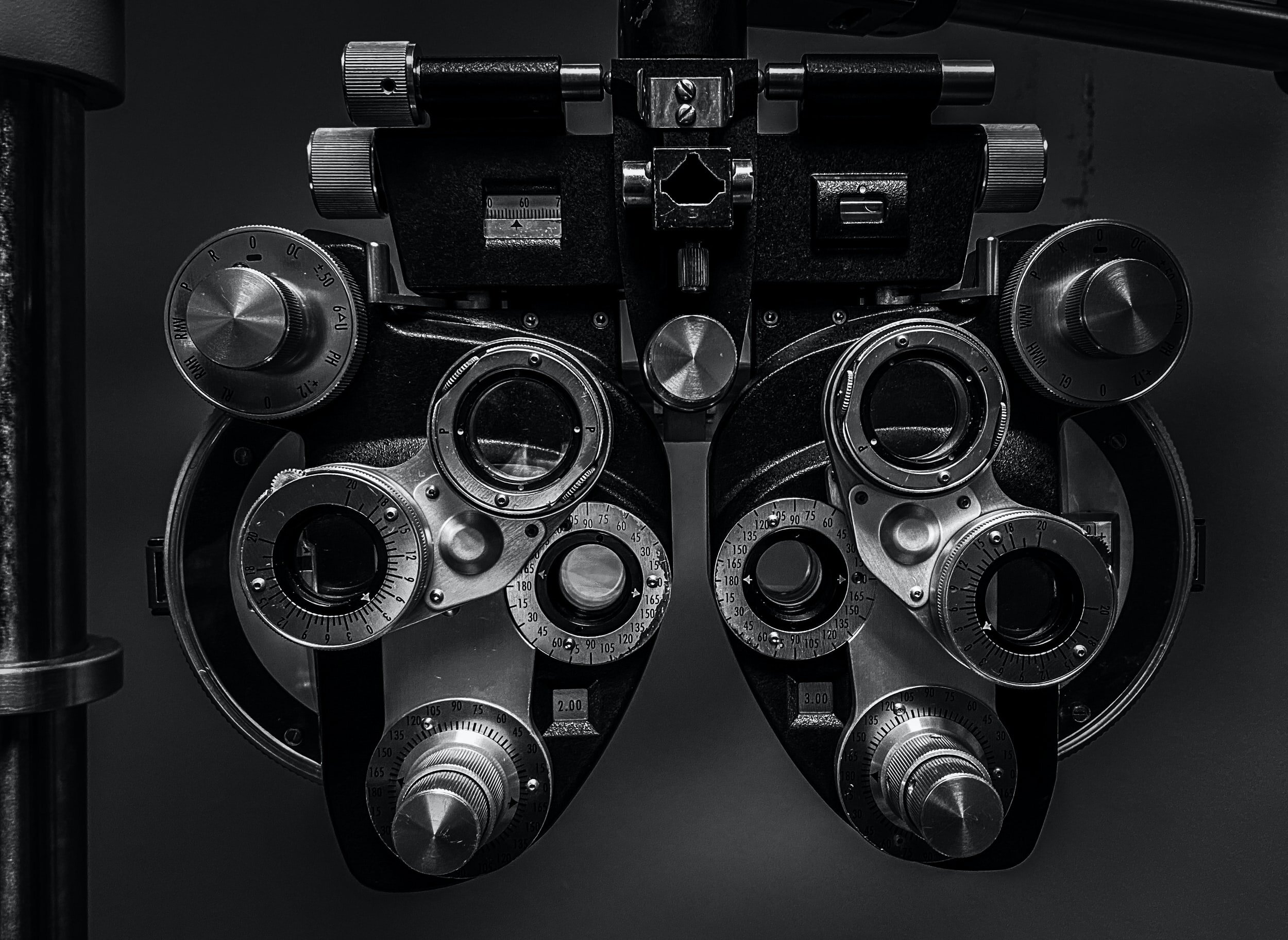Diabetic Eye Disease Treatment in Denver, CO
Understanding Diabetic Eye Disease
Diabetic retinopathy is damage to the eye's retina that occurs with long-term diabetes. Diabetic retinopathy is caused by damage to the blood vessels of the retina. This can eventually lead to blindness. Up to 80% of all patients with diabetes for 20 years or more can be affected. All patients with diabetes are at risk. With close monitoring for diabetic retinopathy with annual eye exams, the disease can be prevented and controlled.
Signs and Symptoms of Diabetic Eye Disease
Often, diabetic eye disease will have no symptoms. However, as the disease progresses blurred vision ranging from mild to total vision loss can occur. Other symptoms include transient vision changes and “floaters” that give the appearance of looking through a haze or cloud.
Diagnosis of Diabetic Retinopathy
Dr. Pennington can make the diagnosis of diabetic retinopathy. This requires a dilated eye exam to examine the retina is detail. The doctor will look for specific signs of diabetic retinopathy such as damaged blood vessels, hemorrhages, swelling, and abnormal growth of blood vessels. Sometimes an ocular coherence tomography (OCT) or a fluorescein angiogram (FA) is used to visualize the retina. All patients with diabetes should be examined regularly to detect any signs of diabetic retinopathy. If caught early, the disease is reversible. In later stages, various types of treatment become necessary and significant vision can be lost if not treated.
Understanding Diabetic Eye Disease
Treatment of Diabetic Retinopathy
There are many ways to treat diabetic retinopathy. The treatment will depend upon the type of diabetic retinopathy and the level of retinal damage. The different ways are:
injections into the eye
laser surgery
vitrectomy surgery
retinal detachment surgery
There is no cure for diabetic retinopathy. Dr. Pennington has performed over 10,000 injections as well as numerous surgeries to help manage diabetic retinopathy. It is also very important to control your blood sugars and blood pressures with the help of your primary doctor and/or endocrinologist. A good diet and regular exercise will be recommended to you.



